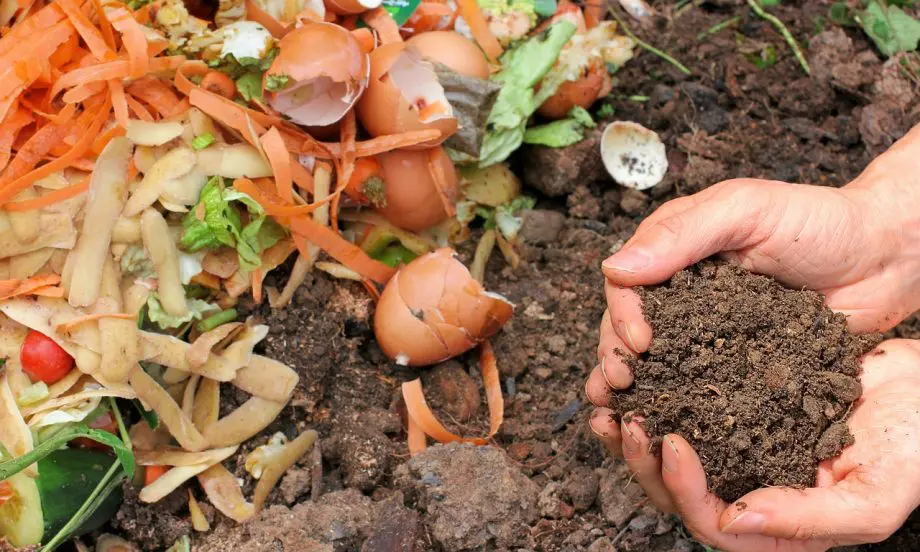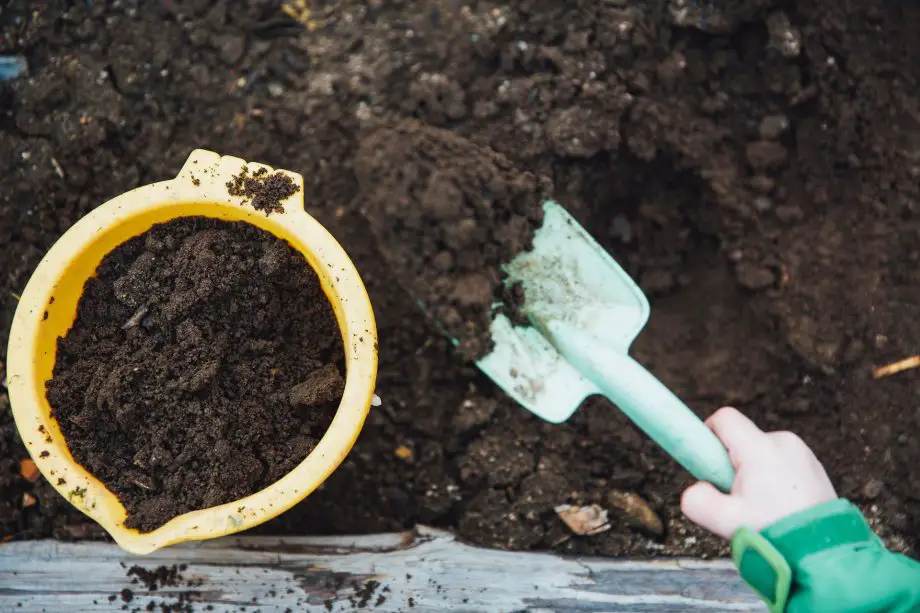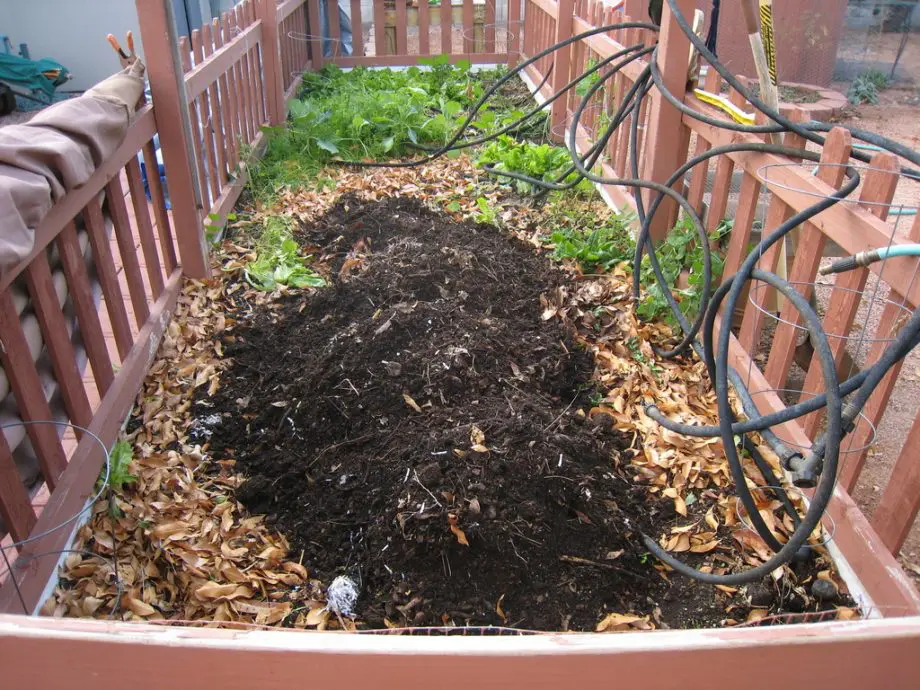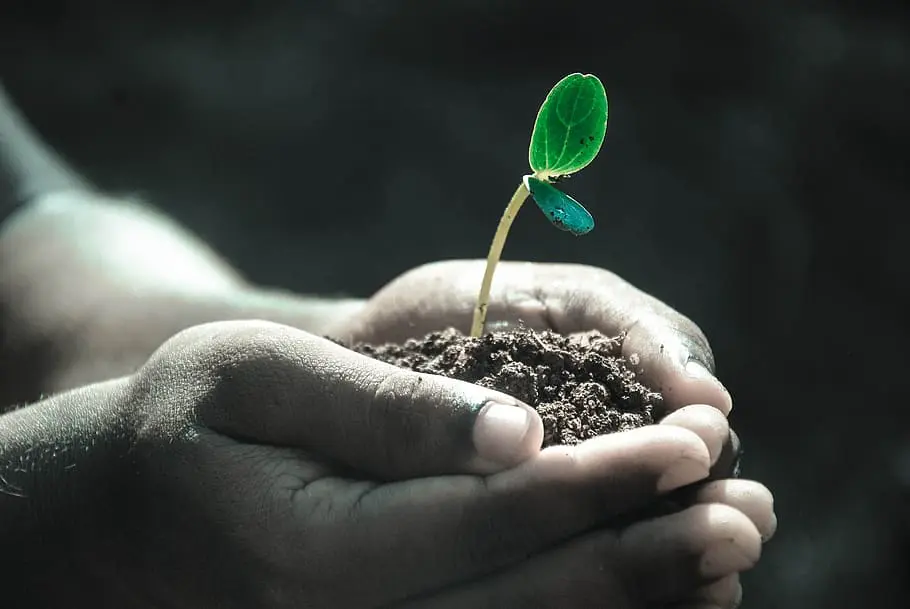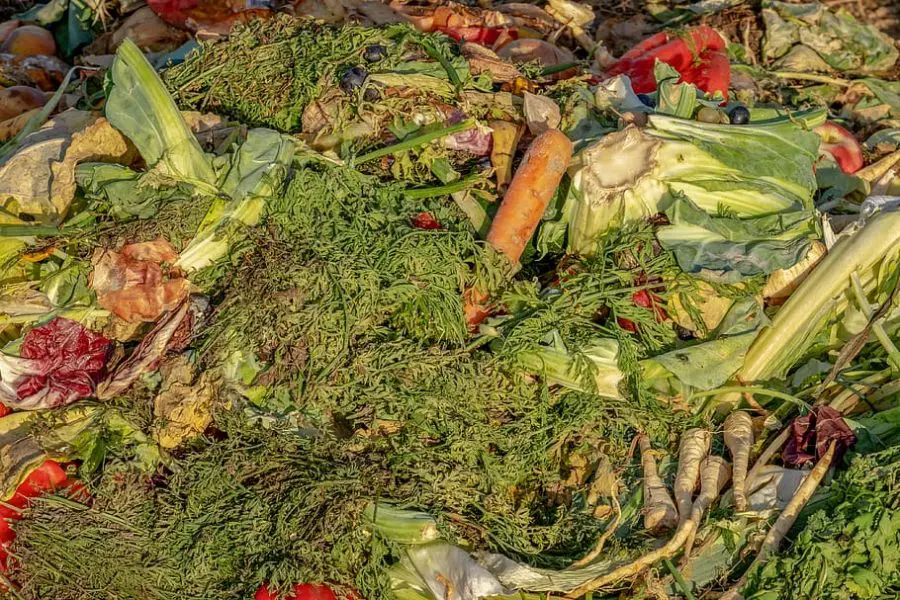
Discover the importance of composting in waste reduction. Join us as we explore how this simple act can make a big impact on our environment.
Ever wondered how you could play a part in saving our planet? Well, let’s talk about the importance of composting in waste reduction.
It’s a simple, yet powerful way to reduce waste and give back to the Earth right from your backyard.
Not only does it help you manage household waste, but it also enriches the soil in your garden.
So, let’s dive in and explore how this eco-friendly practice can make a world of difference!
The Importance of Composting in Waste Reduction
Welcome to our deep dive into the world of composting! In this post, we’re going to explore the importance of composting in waste reduction.
We’ll cover everything from the composting process, and its numerous benefits, to real-life success stories of composting in action.
We’ll even touch on the legal basics of composting and answer some frequently asked questions.
So, whether you’re a seasoned composter or just starting out, this guide is packed with insights that will help you understand how this simple practice can significantly reduce waste and contribute to a healthier planet. Let’s get started!
Definition of Composting
Let’s start with the basics, shall we? Composting, in its simplest form, is a natural process that turns organic material, think kitchen scraps or yard waste into a nutrient-rich soil conditioner.
It’s like Mother Nature’s own recycling program! You take your banana peels, coffee grounds, and grass clippings, mix them together in a compost bin or pile, and over time, with a little help from microorganisms, heat, and moisture, these materials break down.
The end result? A dark, crumbly substance that gardeners fondly refer to as black gold.
It’s a fantastic way to enrich the soil in your garden and help your plants thrive.
Brief Overview of the Importance of Composting in Waste Reduction
Now, you might be wondering, That’s great, but why is composting so important?
Well, aside from giving your plants a nutritional boost, composting plays a crucial role in waste reduction.
Consider this: a significant portion of what ends up in our landfills is organic waste and stuff that could have been composted.
By composting, we can divert these materials from landfills, reducing the volume of waste and the associated environmental impacts.
But that’s not all. Composting also helps reduce the release of methane, a potent greenhouse gas that’s produced when organic waste decomposes in landfills.
So, by composting, you’re not just reducing waste, you’re also helping combat climate change. How amazing is that?
Organic waste in landfills generates, methane, a potent greenhouse gas. By composting wasted food and other organics, methane emissions are significantly reduced. Compost reduces and in some cases eliminates the need for chemical fertilizers. Compost promotes higher yields of agricultural crops. From EPA
The Composting Process

Ready to roll up your sleeves and dive into the nitty-gritty of composting?
In this section, we’re going to demystify the composting process.
We’ll walk you through how compost is created and discuss the types of waste that are suitable for composting.
Whether you’re a green thumb or a composting newbie, understanding this process is the first step towards turning your kitchen scraps and yard waste into a garden’s best friend.
So, let’s get started on this exciting journey!
Explanation of How Compost is Created
So, how does a banana peel or a handful of grass clippings transform into nutrient-rich compost?
It’s all thanks to a process that’s as old as life itself: decomposition.
When you combine organic wastes in the right conditions, microorganisms like bacteria and fungi start breaking down the material into simpler substances.
This process generates heat, which in turn speeds up the decomposition and kills off any potential plant diseases or pests.
Over time, usually a few months the original organic materials are unrecognizable, having been transformed into a dark, crumbly, earthy-smelling substance we call compost.
It’s a fascinating process, and the best part is, it’s completely natural!
Types of Waste Suitable for Composting
Now, you might be wondering, What can I compost? Well, a wide variety of organic waste can go into your compost bin.
Kitchen scraps like fruit and vegetable peels, coffee grounds, and eggshells are perfect for composting.
Yard waste such as grass clippings, leaves, and small branches can also be composted.
Even certain types of paper, like non-glossy newspaper or cardboard, can be composted.
However, it’s important to avoid composting meat, dairy, and diseased plants, as these can attract pests or create unpleasant odors.
Remember, a good compost pile is a balanced mix of ‘greens’ (nitrogen-rich materials like vegetable scraps) and ‘browns’ (carbon-rich materials like dried leaves).
The Benefits of Composting
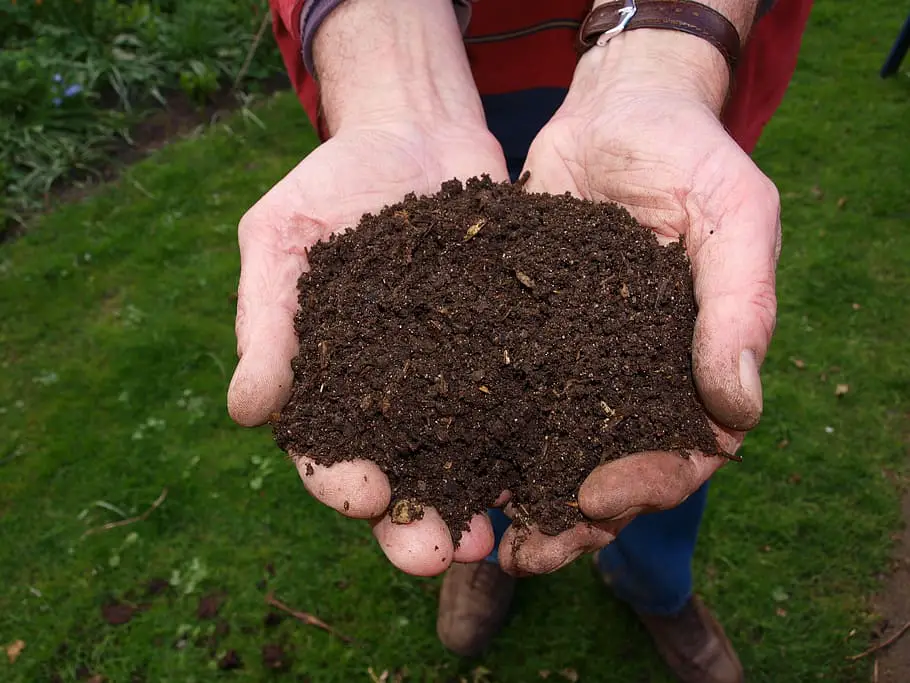
Now that we’ve covered the basics of composting, let’s delve into the heart of the matter: the benefits of composting.
This is where things get really exciting! Composting isn’t just about reducing waste or creating nutrient-rich soil.
It’s about making a positive impact on our environment in multiple ways.
From reducing greenhouse gases to improving soil health, the benefits of composting are far-reaching.
So, let’s dive in and explore these benefits in detail. You might be surprised at just how powerful this simple act of recycling can be!
Reduction of Methane Emissions
Let’s start with one of the biggest environmental benefits: the reduction of methane emissions.
When organic waste ends up in a landfill, it decomposes without oxygen, producing methane a greenhouse gas that’s much more potent than carbon dioxide.
By composting, we allow organic waste to decompose in an oxygen-rich environment, which significantly reduces the production of methane.
It’s a small step with a big impact on our fight against climate change.
Decrease in the Need for Chemical Fertilizers
Next up, composting can help us decrease our reliance on chemical fertilizers.
Compost is rich in nutrients that plants need to grow, making it a fantastic natural alternative to synthetic fertilizers.
Plus, unlike some fertilizers, compost improves soil structure and won’t contribute to nutrient runoff, which can harm aquatic ecosystems.
Promotion of Higher Agricultural Yields
Speaking of growing plants, did you know that compost can boost agricultural yields?
By improving soil health and providing a slow-release source of nutrients, compost helps crops grow stronger and more productive.
It’s a win-win for farmers and the environment!
Aid in Reforestation and Habitat Revitalization
Compost isn’t just for gardens and farms. It can also aid in reforestation and habitat revitalization.
By improving soil health, compost can help establish plants in areas that have been degraded or disturbed.
It’s a powerful tool for ecological restoration.
Cost-Effective Soil Remediation
Compost can also be a cost-effective solution for soil remediation.
It can help clean up contaminated soils by binding and degrading pollutants.
This makes it a valuable tool for managing contaminated sites in a sustainable way.
Enhancement of Water Retention in Soils
One of the lesser-known benefits of compost is its ability to enhance water retention in soils.
Compost can help the soil hold onto water, reducing the need for irrigation and helping plants withstand drought.
This can be especially beneficial in dry climates or during hot summer months.
Carbon Sequestration
Last but not least, composting can contribute to carbon sequestration.
The process of composting captures carbon and stores it in the soil, helping to reduce the amount of carbon dioxide in the atmosphere.
It’s yet another way that composting can help us combat climate change.
Composting in Practice: Success Stories
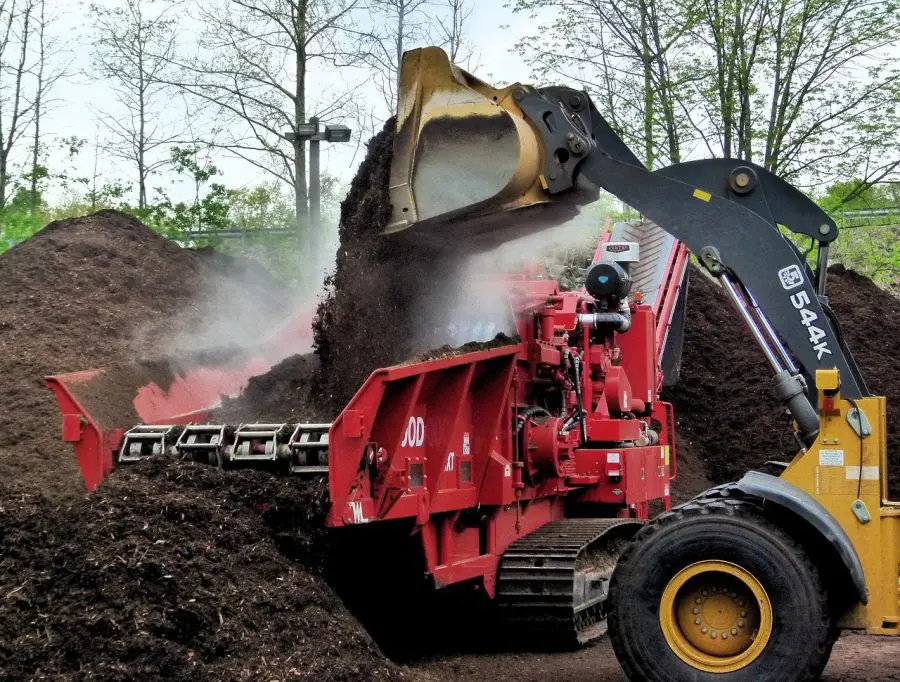
We’ve talked about the theory and benefits of composting, but what does it look like in practice?
Well, you’re in for a treat! In this section, we’re going to share some inspiring success stories of composting in action.
From markets to colleges to sports venues, these stories showcase the power of composting on a larger scale.
They’re proof that composting isn’t just for individual households and it’s a practice that businesses and institutions can adopt to make a significant impact on waste reduction and environmental health.
So, let’s dive in and get inspired by these composting champions!
New Seasons Markets
Starting off our success stories is New Seasons Markets, a chain of grocery stores in the Pacific Northwest.
They’ve made a significant commitment to sustainability, and composting is a big part of that.
Since 2006, New Seasons Market has increased its diversion of organic materials, including food waste, to compost by an impressive 109 percent.
This has not only reduced their environmental impact but also saved them over $25,000 in waste expenses. Talk about a win-win!
Petco Park
Next up is Petco Park, the home of the San Diego Padres.
They implemented a food composting program in 2005, which has helped them save money on trash disposal bills.
By 2011, Petco Park had diverted 164 tons of waste from landfill, saving $75,000 since the program’s inception.
It’s a fantastic example of how composting can be successfully implemented in a large venue.
Middlebury College
Over in Vermont, Middlebury College has been running a food waste composting program since 1993.
They compost 90 percent of the food waste generated on campus, which amounted to 370 tons in 2011 alone.
This initiative has saved the college over $100,000 in landfill fees, showing that composting can be both environmentally and economically beneficial.
Sprouts Farmers Markets
Sprouts Farmers Markets is another business that’s committed to zero food waste.
In 2015, all Sprouts stores donated more than 14 million pounds of fresh food to local hunger relief agencies through their Food Rescue Program.
They also diverted another 5.5 million pounds of food to composting facilities and local farms to feed animals.
Their efforts show how businesses can play a significant role in reducing food waste and supporting their local communities.
Pearl City High School
Last but not least, let’s look at Pearl City High School in Hawaii.
During the 2014-2015 school year, Special Education students at the school staffed wasted food collection stations in the cafeteria.
Unconsumed food was separated from non-food waste and composted on-site.
This initiative resulted in 34,635 pounds of cafeteria scraps being composted over the school year, achieving a 97.5 percent wasted food diversion rate.
It’s a wonderful example of how composting can be integrated into educational settings, teaching students about sustainability while reducing waste.
Legal Basics for Composting
Navigating the world of composting isn’t just about understanding the process and its benefits.
It’s also about knowing the legal basics. In this section, we’re going to shed some light on the legal aspects of composting.
From landfill bans on organics to regulations around biosolids composting, we’ll help you understand the rules that guide this important practice.
Whether you’re a business owner, a community leader, or an individual composter, having a grasp of these legal basics can help you compost confidently and responsibly.
So, let’s dive in and demystify the legal side of composting!
Landfill Bans on Organics
First up, let’s talk about landfill bans on organics.
Some states have implemented bans on landfill disposal of organic materials like food waste.
These bans are designed to encourage composting and reduce the amount of organic waste that ends up in landfills, where it can produce harmful methane gas.
The U.S. Composting Council compiles information on state compost regulations, so you can check to see if your state has such a ban in place.
These bans are a significant legal push towards more sustainable waste management practices.
Biosolids Composting and Use or Disposal of Sewage Sludge
Next, we have the topic of biosolids composting and the use or disposal of sewage sludge.
Biosolids are nutrient-rich organic materials produced from sewage sludge.
They can be recycled and applied as fertilizer to improve and maintain productive soils and stimulate plant growth.
However, the use or disposal of biosolids is regulated under the Clean Water Act.
The EPA has published federal standards for the use or disposal of sewage sludge, which can be found in Title 40 of the Code of Federal Regulations (CFR) in part 503.
These standards may also apply to municipal solid waste compost.
It’s important to be aware of these regulations if you’re considering composting on a larger scale or using compost made from biosolids.
Composting in Waste Reduction FAQs
We’ve covered a lot of ground on our composting journey so far, but we know you might still have some questions.
That’s why we’ve dedicated this section to answering some of the most frequently asked questions about composting.
From what can be composted to how composting benefits the environment and how you can start composting at home, we’ve got you covered.
So, if you’ve been wondering about any aspect of composting, stick around! We’re about to dive into the answers to these common queries.
Q: What can be composted?
A: A wide variety of organic materials can be composted.
This includes kitchen scraps like fruit and vegetable peels, coffee grounds, and eggshells.
Yard waste such as grass clippings, leaves, and small branches is also great for composting.
Even certain types of paper, like non-glossy newspaper or cardboard, can be composted.
However, it’s best to avoid composting meat, dairy, and diseased plants, as these can attract pests or create unpleasant odors.
Q: How does composting reduce waste?
A: Composting reduces waste by diverting organic materials that would otherwise end up in a landfill.
When these materials are composted, they break down into a nutrient-rich soil conditioner that can be used in gardens and landscapes.
This not only reduces the volume of waste going to landfills but also recycles nutrients back into the soil.
Q: How does composting benefit the environment?
A: Composting has several environmental benefits.
It reduces the amount of waste going to landfills, which in turn reduces the production of methane, a potent greenhouse gas.
Composting also enriches the soil, reducing the need for chemical fertilizers and promoting healthier plant growth.
Additionally, compost can help remediate contaminated soils and aid in reforestation efforts.
Q: How can I start composting at home?
A: Starting to compost at home is easier than you might think!
All you need is a compost bin or a designated area in your yard, a mix of ‘green’ materials (like vegetable scraps) and ‘brown’ materials (like dried leaves), and a bit of patience.
Start by adding your organic materials to your compost bin, making sure to maintain a balance of greens and browns.
Turn your compost pile every few weeks to help it decompose evenly, and in a few months, you should have a batch of finished compost ready to use in your garden.
Importance of Composting in Waste Reduction Conclusion
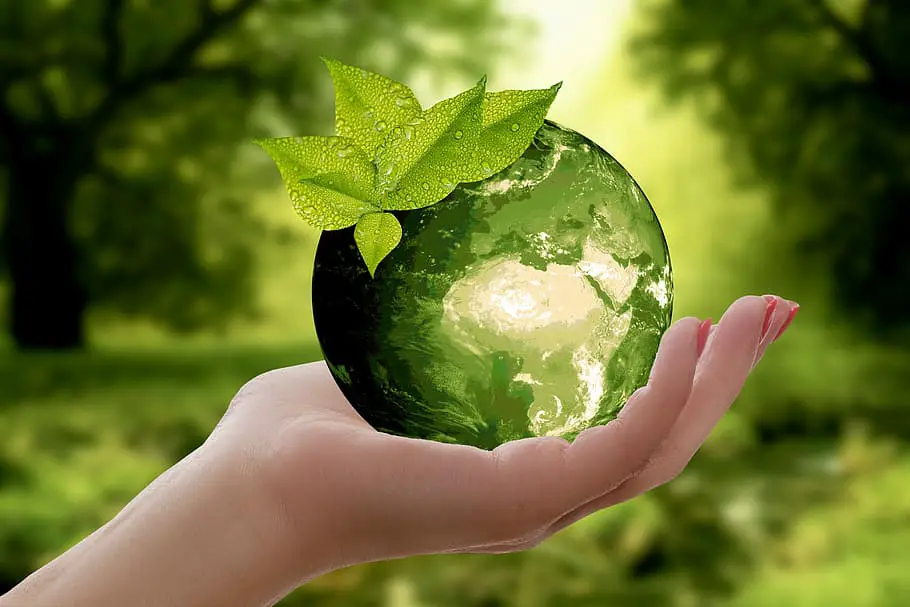
As we wrap up our deep dive into composting, it’s time to reflect on what we’ve learned and look ahead to the impact we can make.
In this conclusion, we’ll recap the importance of composting in waste reduction and revisit the many benefits it brings to our environment and communities.
We’ll also encourage you to take what you’ve learned and apply it, whether that means starting your own compost pile at home or advocating for composting programs in your community.
Remember, every bit of composting makes a difference. So, let’s finish off strong and get ready to make that difference!
Recap of the Importance of Composting in Waste Reduction
Looking back on our journey through the world of composting, it’s clear to see just how vital this practice is in reducing waste.
By composting our organic waste, we’re not only decreasing the amount of material that ends up in landfills but also reducing the production of harmful greenhouse gases like methane.
Plus, we’re creating a valuable resource, nutrient-rich compost that can enrich our soils and support healthier plant growth.
It’s a beautiful cycle of transformation, turning what was once considered ‘waste’ into a valuable resource.
That’s the power and importance of composting in waste reduction.
Encouragement for More People to Start Composting
Now, as we conclude, we want to encourage each and every one of you to consider starting your own composting journey.
Whether you have a large backyard or a small apartment, there are composting methods that can work for you.
And remember, composting isn’t just about reducing waste or creating nutrient-rich soil.
It’s about making a positive impact on our environment. Every compost pile contributes to a healthier, more sustainable world.
So, why not give it a try? You might be surprised at how rewarding composting can be.
Let’s all do our part in making our planet a better place, one compost pile at a time!

